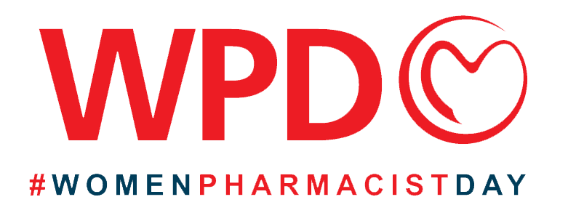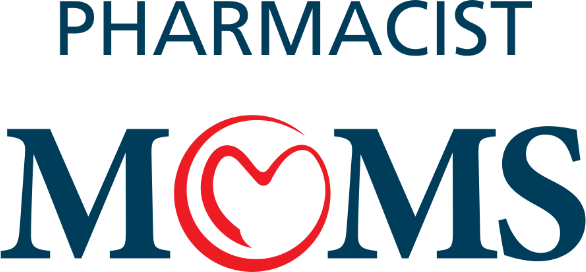You Could Hear a Pin Drop: Meet One Brave Pharmacist
She was a panelist who was asked to share her story from her community practice. I don’t remember which company she works for, but you should know that this woman bravely and eloquently spoke the hard truths about this role, all while sitting next to an executive from a large retail chain.
In July I was invited to attend and participate in the following conference, “Enhancing Well-Being and Resilience Among the Pharmacist Workforce: A National Consensus Conference.”
These are the 2 things you need to hear:
Your story, told by a brave practicing pharmacist, was heard by all
The RxMoms voice was impactful, and we still have a lot to work to do
Suzy asked me to attend the conference on behalf of this group. Details about the conference including conference objectives, attendees, and background can be found here:
Recommendations from the conference can be found here:
Meet One Brave Pharmacist
She was a panelist who was asked to share her story from her community practice. I don’t remember which company she works for, but you should know that this woman bravely and eloquently spoke the hard truths about this role, all while sitting next to an executive from a large retail chain.
*While she was comfortable sharing at the conference, she wishes to remain anonymous to protect her position from retaliation. No one should have to lie about what working conditions are like, which is exactly why we need to keep this conversation alive.*
While she was talking, you could hear a pin drop. She was professional, poised, and passionate. Her story reminded me of all of your stories that I read on this page. How hearing about one pharmacist’s experience has the ability to hold your heart and your throat at the same time. How the stories remind us that underneath the hard shell we wear for day’s survival we also have the capacity to feel for our patients, but more importantly, for each other. We see the altruistic and precarious PharmD and we see our futures in the headlines.
I asked her if she would be willing to share her story in this blog, so that the Pharmacist Moms Community could read what she so courageously spoke on that day. I would like to thank her and remind her that she has 25,000+ pharmacists behind her. What a thought that just by describing her day, it would make someone’s “skin crawl” as commented after she finished her speech. Thank you, Brave Pharmacist. (Please scroll down to read her speech)
Briefly, I would like to mention what I learned from my experience at this conference: the Pharmacist Moms Group is an influencer in this space. Our stories and posts are gaining national attention and people wanted to hear what “the moms are saying.” We have a lot of work to do, but I wanted you to know that this group has the ear of many. Thank you, Suzy.
Panelist Speech:
I am a retail pharmacy manager for a chain. After graduating, I completed a residency in community pharmacy practice and have spent most of my time since then as a pharmacy manager.
I went into pharmacy because I love helping people, and specifically retail pharmacy because I love a sense of community. I love getting to know my patients, their families, their stories. For any business, developing relationships with customers is a driver of good customer service. In health care, being more than a number is powerful for patients struggling to connect with a healthcare system that is faster and more digital than ever before.
Accessibility of retail pharmacists is what drives these relationships. People can call me or stop by the pharmacy for any reason at any time (and they often do!). And I like being the person someone can call when they need to talk. A couple of weeks ago someone asked me where an auto body shop was in town. They apologized for calling me, but she said, “I just knew the pharmacist would know.” And I did. A month ago a woman called me just to tell me that she had an MRI scheduled, was worried that her cancer might be back, and asked me to pray for her. Just last week my partner climbed through the drive thru window to administer Narcan to the passenger of a car. She saved his life.
But even though I love accessibility, it is also one the main factors that is driving burnout. I am pulled in multiple directions at any given time- someone waiting to ask you a question, the antibiotic that needs to be mixed, the doctor’s office calling in a script, people waiting on their prescriptions, and a counsel at drive thru. For years, companies have driven into customers minds that all prescriptions can be filled in 15 minutes or less and the pharmacist is to drop what they are doing to help patients. I have learned to respectfully ask someone to wait when needed, whether it’s a patient, my district admin, or a nurse, and it has made a huge difference. But pharmacists need support in pushing back against speed and striving for safety.
The second main factor, for me personally, in driving burnout is workload. I would like everyone to get out a piece of paper and a pen and write down the number of prescriptions you think it’s safe for a retail pharmacist to fill per hour.
In the month of June, my pharmacy dispensed 11,101 prescriptions and gave 86 immunizations. We are open 84 hours and get 8 hours of overlap each week. For anyone that is trying to crunch the numbers, that’s an average of 33 prescriptions each hour. On Monday, I filled 505 prescriptions in 10 hours. Fifty prescriptions an hour. June and July are the slowest months of the year. I’ll see at least a ten percent increase in script volume by August or September.
There have been many changes that have helped with my workload over the last five years- new technology, automation, electronic prescribing, verification sharing. However, with every rollout comes a decrease in labor. While I’m not sure a cap on prescriptions filled per hour is the answer, I do know that the pace that I am required to maintain is neither sustainable nor safe. I simply cannot provide the highest level of care for every patient that walks through the door.
And it’s not just my employer. Every pharmacist, no matter who you work for, is asked to do more with less. Multiple companies, both drug store and grocery store chains, have made announcements about reductions in pharmacy manpower, decreasing pharmacists’ base hours. The need for lower labor costs is a direct result of lower reimbursement rates a decreased margin from generic drugs.
In addition to the workload, the actual work environment itself is exhausting. No one tells you when you are in school that you might be in physical therapy for neck pain from being on the phone so much. Or that you’ll need compression socks and orthotics in your shoes or learn to hold your bladder. I was on crutches for six weeks after fracturing my tibia this winter. I had a stool, but it was nearly impossible for me to sit down for long. It was miserable. While I have been cleared to run, my leg is still healing and part of me can’t help but wonder if I would be 100% if I had a job that wasn’t physically demanding.
According to state law, I am allowed to take a 30 minute lunch break for every 6 hour shift worked. My employer’s policy matches the law state, citing that the pharmacy is to remain open and I am to be available for counseling. While I sat on the floor eating my salad at 3 PM, I was interrupted 6 times in 20 minutes. At some point, you just give up on lunch and move on with your day. In a 12 or 13 hour workday, I do not think it is unreasonable to close the pharmacy completely for 30 minutes to account for a break for the pharmacist. Doctor’s offices and other businesses close for lunch- what excludes retail pharmacies from doing the same?
Work life balance continues to also remain a challenge. Several years ago I was a district supervisor, but after a 18 months decided to step down to have more time for my family. I’m not sure it’s that much better when you don’t work in middle management. As a pharmacy manager, I am expected to complete paperwork and oversight for running the business, yet I am given no additional time or resources. I am expected to attend company meetings unpaid and often contacted on my days off about work-related items. Companies should Be required to provide compensation and uninterrupted time ‘off the bench’ to any pharmacist in a managerial position.
I am in a unique location that has a shortage of pharmacists, so I am asked to pick up extra shifts to cover my store on my scheduled days off. When my store’s pharmacist hours were cut, I asked to have my base decreased from 40 hours to 38 hours and was denied. I have a family member who works for another chain who was told she must increase her base hours from 32 to 40 or she would not be guaranteed a job, even after she has not worked a 40 hour base since graduating 25 years ago. When I graduated, I never anticipated wanting to work less and not being able to do so. Companies should not be able to force pharmacists to work more hours than they want to.
Am I proud to be a pharmacist, to serve my community and impact health care? Absolutely. But my well-being, our well-being, is at stake. Thank you.
Brooke Griffin, PharmD
Superheroic: A Blog for Moms with a Pharmacy Twist





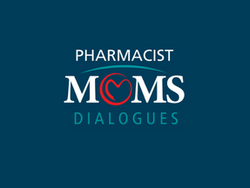
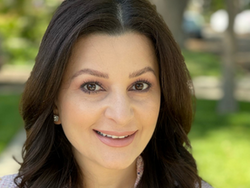

.png)

